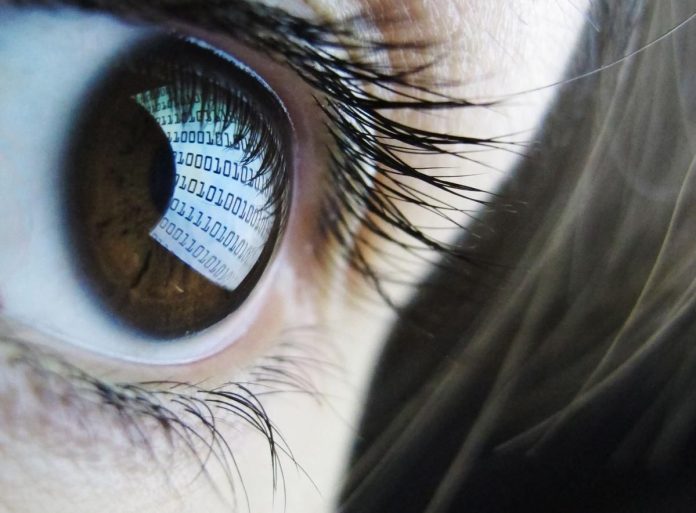[ad_1]
Worried that fake news is making it more difficult to find accurate sources of information? You’re not alone.
A survey by Nanos Research for the organization Canadian Journalists for Free Expression found a strong majority of Canadians — more than eight in 10 — say false information that looks legitimate is making it harder to find out what’s real. To help prevent the spread of fake news, seven out of 10 Canadians think the government should step in.
“It’s great that people are this concerned about the issue … the issue of fake news is such a pervasive one that it’s good to see that people are that tuned in,” said CJFE vice-president Tom Henheffer.
But Henheffer said “it’s very much a double-edged sword.
“It’s good that people are aware of this issue and concerned about it, but it’s also a little frightening that it makes you wonder (if) the overall trust in the institution of journalism has really dropped, which I think it has.”
Half of Canadians agreed, and 30 per cent somewhat agreed, that finding accurate information was growing more difficult.
Thirty-eight per cent agreed, and 34 per cent agreed somewhat, that government regulation is needed to prevent the spread of fake news.
Henheffer said the “research is really still out in terms of how we can combat fake news.”
Anytime the government regulates the news industry “is extremely uncomfortable and something that we are very concerned about,” Henheffer said.
“But at the same time, the proliferation of fake news and the media bubble that people are insulated in on social media … is really worrying because it means that people aren’t being exposed to the same types of differing opinions that they normally would be.”
The CJFE monitors and reports on free expression and access to information in Canada and around the world. The survey was conducted between Apr. 28 and May 4 with 1,000 Canadians. Survey results based on the total sample are considered accurate, plus or minus 3.1 percentage points, 19 times out of 20.
[ad_2]








